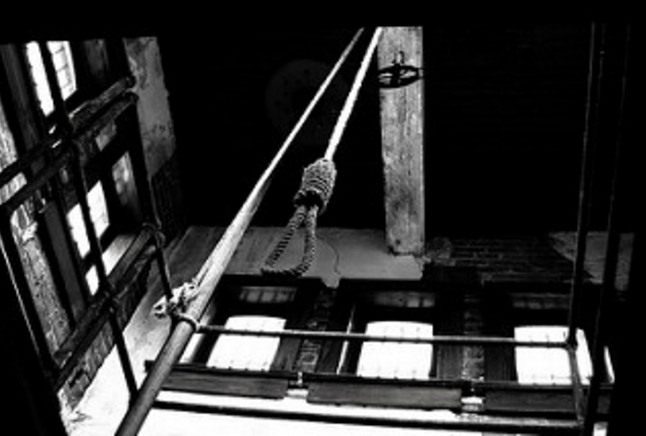News
House adopts amendments to death penalty bill after ending plenary debates

Among the changes introduced as a result of several majority caucuses is to whittle down the number of crimes covered by the death penalty bill to only include plunder, treason, rape, and seven drug-related offenses. (Photo: Patrick Feller/ Facebook)
MANILA –The House of Representatives has introduced amendments to the contentious measure restoring the death penalty after terminating the period of sponsorship and debate.
At Wednesday evening’s plenary session, Deputy Majority Leader Juan Pablo Bondoc moved to close the debates, citing House Rule Section 54 which provides that: “a motion to close the debate on a measure shall be in order after three speeches, in favor and two against”.
Although it was met with fierce opposition from anti-death penalty lawmakers, Deputy Speaker Sharon Garin approved Bondoc’s motion to end the debates.
House Bill No. 4727 reached the plenary last Feb. 1, and the debates ran in a span of less than ten session days, with only seven interpellators accommodated instead of the initial 25.
The period of amendments also started during Wednesday night’s session.
The lower chamber adopted the amendments to the bill via viva voce voting.
The period of individual amendments wherein each legislator can propose changes to the bill is scheduled next week, while the House is set to approve the bill on second reading on February 28.
Among the changes introduced as a result of several majority caucuses is to whittle down the number of crimes covered by the death penalty bill to only include plunder, treason, rape, and seven drug-related offenses.
The amended version also requires the Public Attorney’s Office and the Office of the Solicitor General to assign senior lawyers in handling the automatic review or appealed cases of the death penalty.
Another amendment requires the fiscal to distribute copies of case information to the Commission on Human Rights (CHR), the Integrated Bar of the Philippines (IBP), the Free Legal Assistance Group (FLAG), and other religious and civic organizations.
House Majority Leader Rodolfo Fariñas said these safeguard mechanisms will guarantee individuals accused of committing heinous crimes a fair trial.
This also allows the religious and civic sectors to “assist the accused” or monitor the case, the House leader further noted.
”This is a community effort; if we feel we had an imperfect judicial system then let’s do our share by monitoring the judicial system,” he added.





















